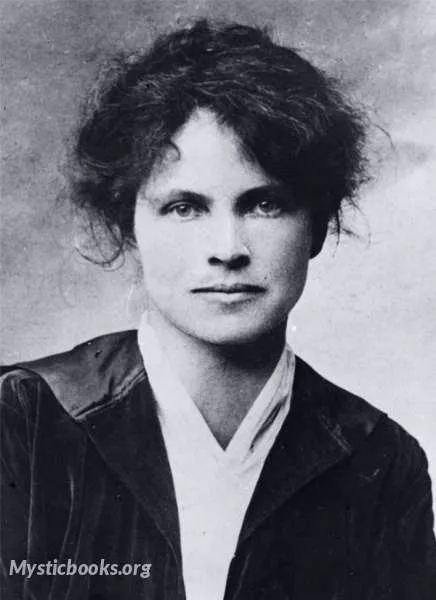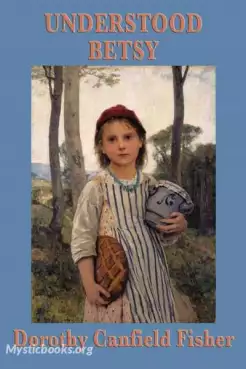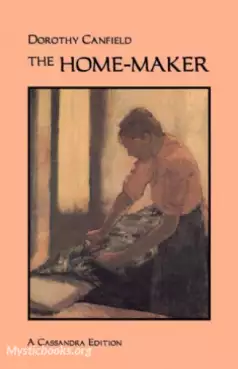
Timeline
Title
Country/Nationality
Dorothy Canfield Fisher
Dorothy Canfield Fisher was an educational reformer, social activist, and best-selling American author in the early 20th century. She strongly supported women's rights, racial equality, and lifelong education. Eleanor Roosevelt named her one of the ten most influential women in the United States. In addition to bringing the Montessori method of child-rearing to the U.S., she presided over the country's first adult education program and shaped literary tastes by serving as a member of the Book of the Month Club selection committee from 1925 to 1951.
Dorothea Frances Canfield – named for Dorothea Brooke of the novel Middlemarch – was born on February 17, 1879 in Lawrence, Kansas to James Hulme Canfield and Flavia Camp, an artist and writer. From 1877 to 1891 her father was a [University of Kansas professor with responsibility for various historical studies, and finally president of the National Education Association. Later he was chancellor of the University of Nebraska, president of Ohio State University, and librarian at Columbia University. Canfield Fisher is most closely associated with Vermont, where she and her mother made trips to the family home and where she spent her adult life. Vermont also served as the setting for many of her books.
In 1899 Canfield received a B.A. from Ohio State University, where she was a member of Kappa Kappa Gamma. She went on to study Romance languages at University of Paris and Columbia University (where her father was Librarian from 1899) and earned a doctoral degree from Columbia with the dissertation Corneille and Racine in English (1904). With George Rice Carpenter from Columbia she co-wrote English Rhetoric and Composition (1906). She was the first woman to receive an honorary degree from Dartmouth College and received others from the University of Nebraska, Middlebury College, Swarthmore College, Smith College, Williams College, Ohio State University, and the University of Vermont.
She married John Redwood Fisher in 1907, and they had two children, a daughter, Sally, and a son, Jimmy.
In 1911, Canfield Fisher visited the "children's houses" in Rome established by Maria Montessori. Much impressed, she joined the cause to bring the method back to the U.S., translating Montessori's book into English and writing five of her own: three nonfiction and two novels.
Another concern of Canfield Fisher was her war work. She followed her husband to France in 1916 during World War I and while raising her young children in Paris worked to establish a Braille press for blinded veterans. She also established a convalescent home for refugee French children from the invaded areas; continuing her relief work after the war, she earned citations of appreciation from Eleanor Roosevelt, Madame Chiang Kai-shek, and the government of Denmark.
Canfield Fisher died at the age of 79 in Arlington, Vermont in 1958.
Books by Dorothy Canfield Fisher

Understood Betsy
Understood Betsy is a 1916 novel for children by Dorothy Canfield Fisher. The story tells of Elizabeth Ann, a 9-year-old orphan who goes from a sheltered existence with her father's aunt Harriet and cousin Frances in the city, to living on a Vermont...

The Bent Twig
Semi-autobiographical series of incidents in the life of an intellectual American family in the late 19th - early 20th Century as seen by favored daughter, Sylvia Marshall. Her father is an economics professor in a Midwestern state university and she...

The Home-Maker
The Knapp family seems as though they ought to be happy, yet hidden frustrations are tearing them apart under the surface. As the family breadwinner, Lester Knapp drags himself reluctantly to his job each day, miserable in the harsh world of commerce...